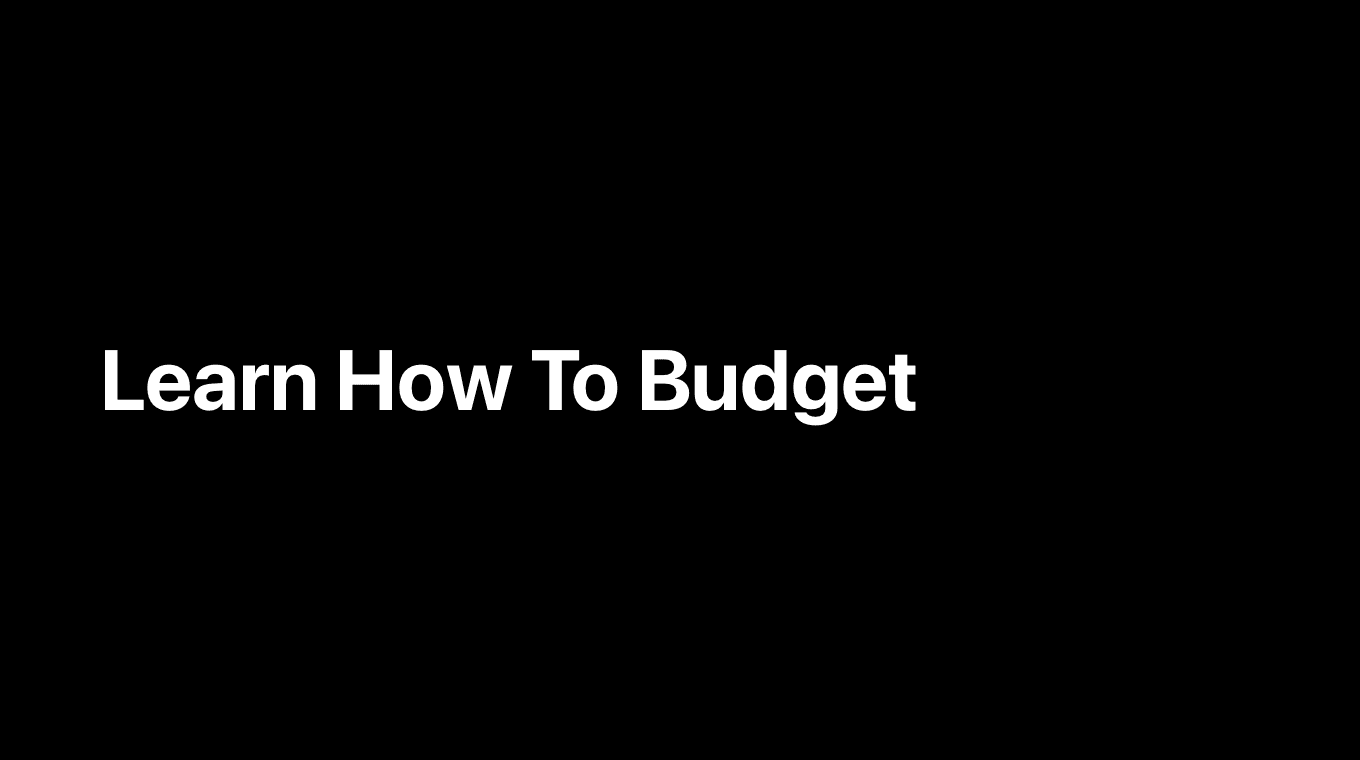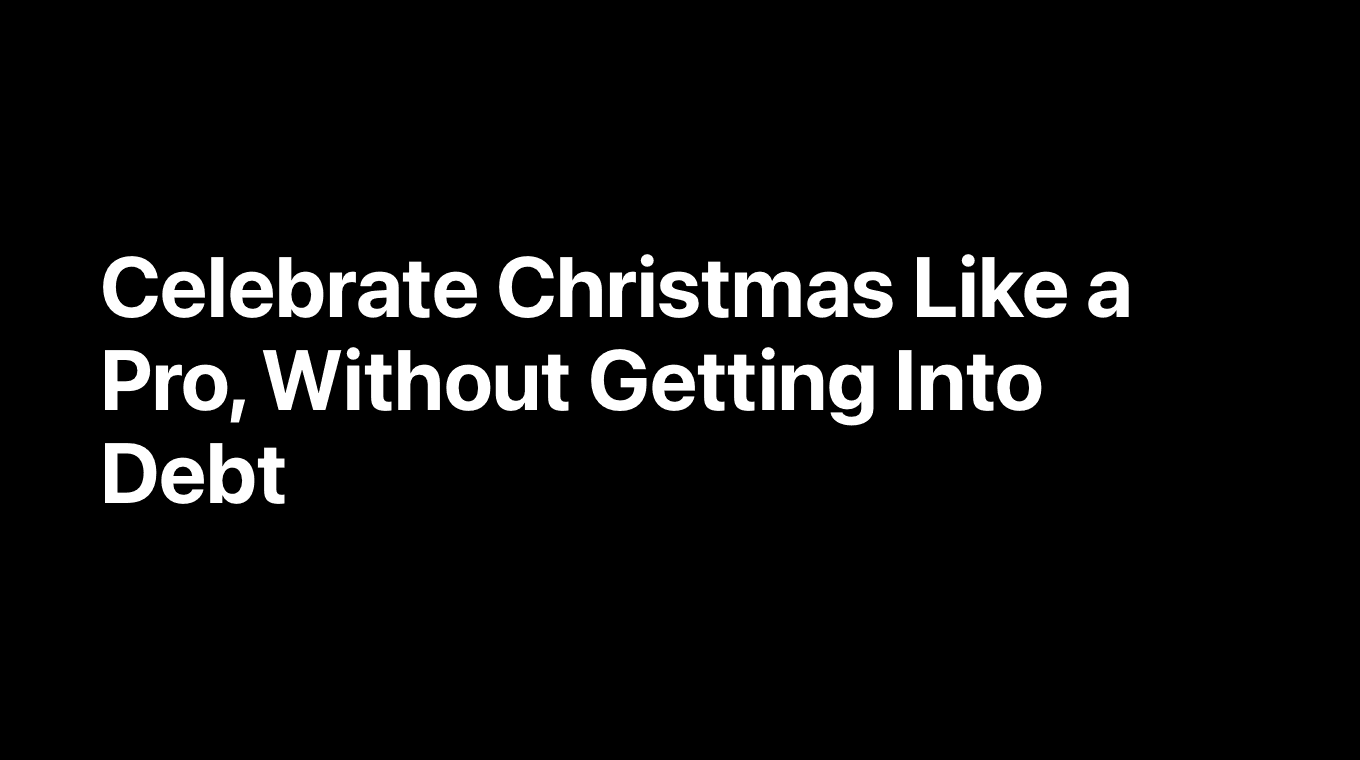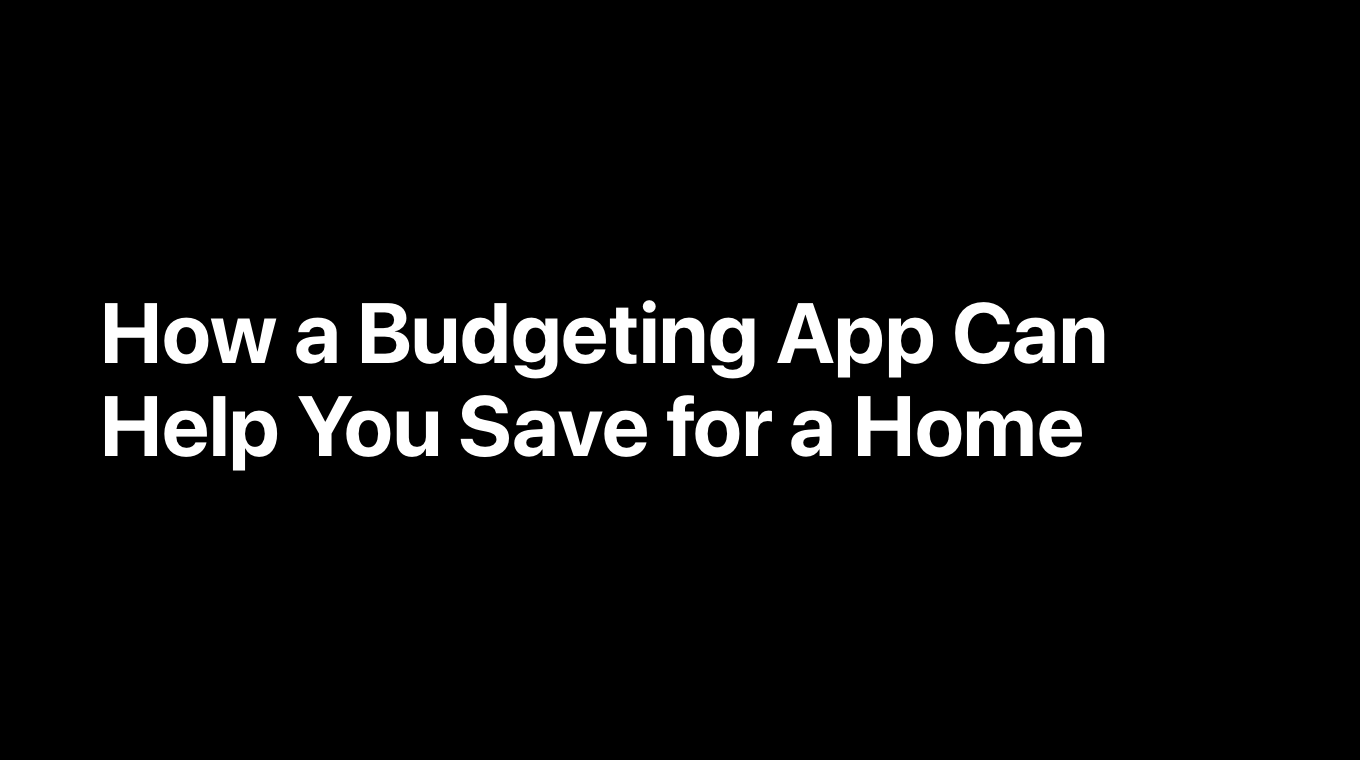
We all know that budgeting is very hard and that's for obvious reasons: it's easy and tempting to spend money on non-essentials, even if your budget is tight. So how can you get on track with a realistic budget and save money? Here are some useful ways.
First: Assess Your Financial Situation
If you feel that you have more money going out than coming in, here is what your financial plan needs to boil down to**:** spending less and/or earning more. To figure out how to do this, first take an assessment of your income and expenses. This will help you develop a reasonable and realistic budget.
Categorize Your Expenses
Before categorizing your expenses, start defining the ones you have made over the past few months. Then separate them into needs and wants. Separating will help you prioritize your finances. To get a clear idea of your needs and wants, consider creating a hierarchy of spending. Organize your debts, too.
Identify Your Problem Spending Areas
Take note of your spending habits. Are there any specific stores you frequent? Do you have a coffee habit that can be cut? Often, there are "leaks" in a budget that can be plugged. The first step is figuring out where they are. Identify these categories, and keep them in mind once you start your budget.
Tackle Your Debt
Whatever you choose to focus on, don't risk your finances unraveling by ignoring your debt. Late fees and interest can turn a small debt into an overwhelming one and that's why your debt should be a priority. Read along this link to find some ways on how to get out of debt.
Take Advantage of Opportunities
Part of managing money when you're broke is increasing your income. Look for opportunities to earn more and save more money (get a better job, ask for a raise, find a side gig etc). Then seize those opportunities. Sometimes, they might look more like sacrifices.




